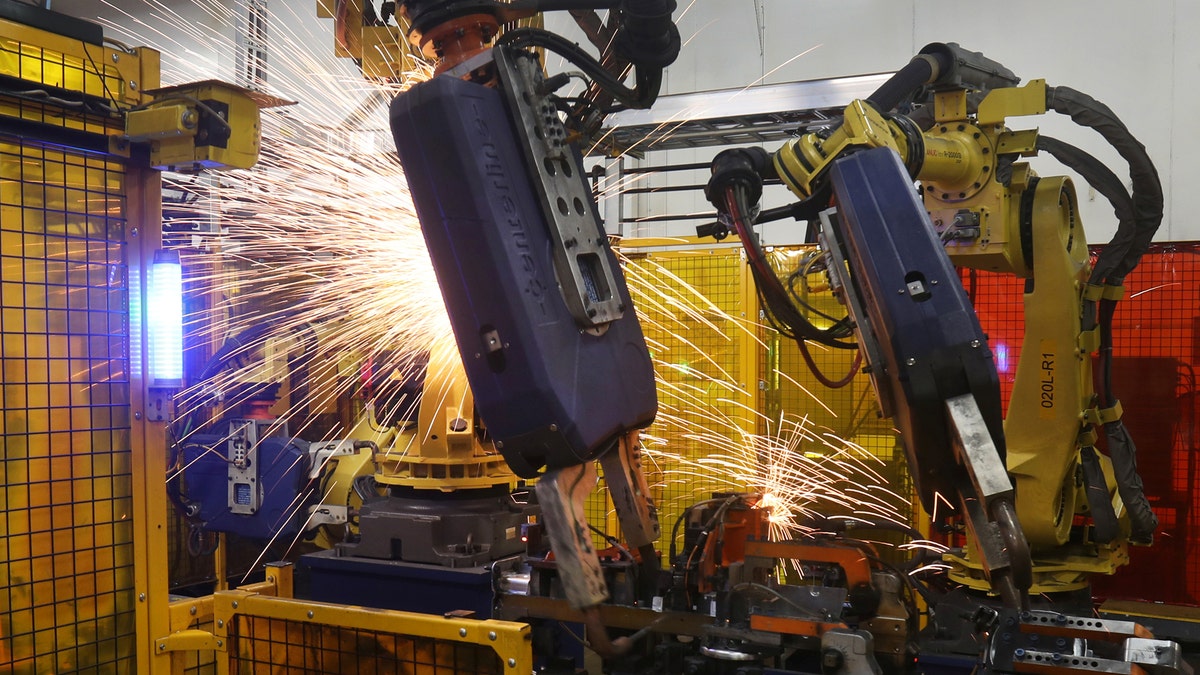
File photo: Robot welders on the floor of Alfield Industries, a subsidiary of Martinrea, one of three global auto parts makers in Canada, in Vaughan, Ontario, Canada April 28, 2017. Picture taken April 28, 2017. (REUTERS/Fred Thornhill)
A new website hopes to answer a question in the mindsof many people -- "Will my job be automated?"
If youre a priest, podiatrist, dentist, or photographer, you can expect to stay employed, according to the site. If youre a technical writer, taxi cab driver, or accountant, you might want to start retraining.
Willrobotstakemyjob.com was created by a developer and graphic designer, Mubashar Iqbal and Dimitar Raykov respectively, whod read a paper by a pair of Oxford economists whoset out topredict which jobs were most likely to be automated in the future. Iqbal and Raykov decided to make the results ofthe paper more accessible.
On the site, users can type an occupation, such as teacher, and select from a list of associated professions, like teacher assistants (56 percent chanceof automation), choreographers (0.4 percent), or animal trainers (10 percent). Youre also free to view jobs at random. We did, and found that stonemasons have an 89 percent chance of being automated.
More From Digital Trends
The website also goes a bit deeper, offering additional data on things like projected growth, median salary, and the number of people employed in each role as of 2016.
Iqbal and Raykov collected their data from "The Future of Employment: How susceptible are jobs to computerisation?" a report published in 2013 by Oxfords Carl Benedikt Frey and Michael A. Osborne.
"Their methodology seems sound, Iqbal told Digital Trends, "but with all predictions there is always a margin of error and probably more so with a topic such as this, where the industry and technology is evolving so quickly. If anything their predictions may have been too conservative.
The site is amusing but should not be seen as the sole source of dataon such an important issue. For one thing, Frey and Osborne considered whether certain taskswould be automated, not whether the entire job would fall to robots. And, their paper has yet to be peer reviewed. Maybe most importantly, as technology progresses, the factssurrounding automation constantly change. It's difficult to say today which taskswill be automated tomorrow.
"Something like this is not going to be 100 percent accurate and I dont think anyone expects it to be, Iqbal admits, "but it helps to identify the trends, and lets people see where automation efforts are likely to be focused."
